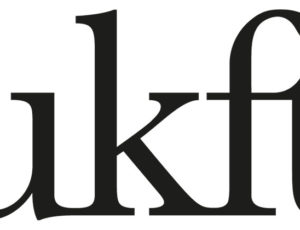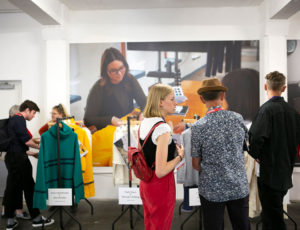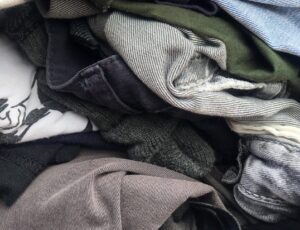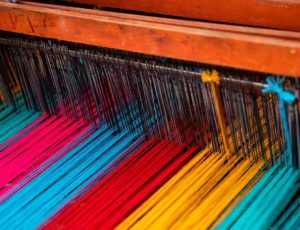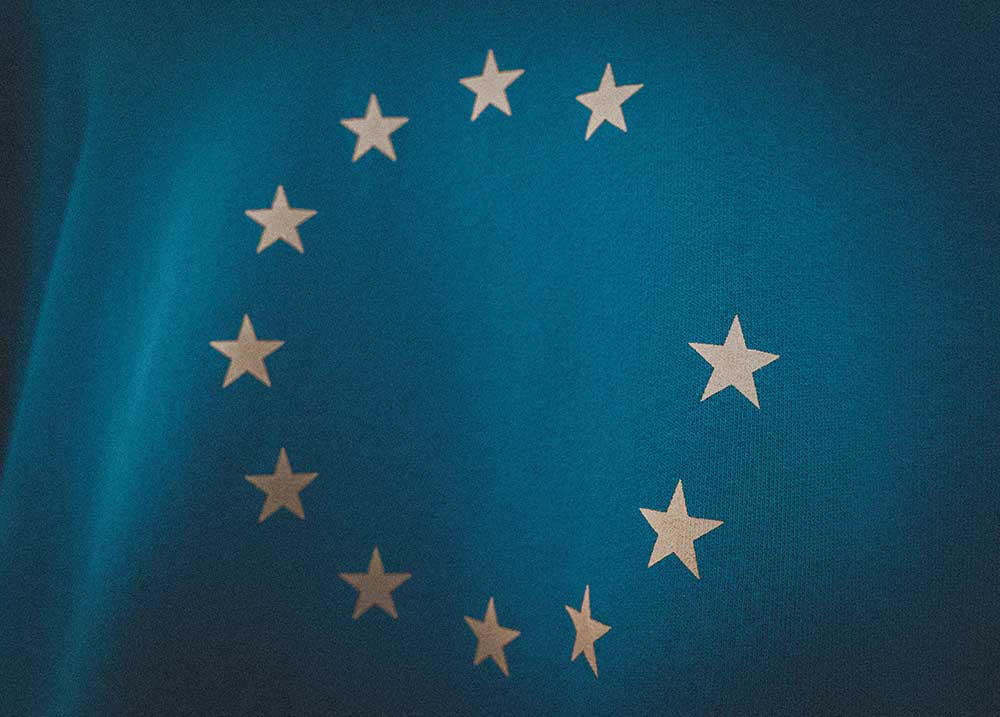
According to a new survey from the UK Fashion & Textile Association (UKFT), 98% of UK fashion and textile companies have experienced increased bureaucracy around exporting and importing in the first half of this year.
UKFT found that 92% of the survey’s respondents had experienced increased freight costs. Equally, 83% had problems with customs clearance following the UK’s exit from the EU on 31 December 2020.
Three quarters (74%) said they had also experienced an increase in costs due to new tariffs. Meanwhile, almost half (44%) had been affected by unexpected duties when re-exporting goods. 83% had experienced problems with customs clearance, too.
55% had cancelled wholesale orders where Brexit was the only cause.
Similarly, 44% had rejected/returned orders from consumers where Brexit costs were the only issue. A UK knitwear brand told of an EU customer ordering a £200 jacket incurring £160 duty as one example. Not to mention samples being held up in customs for months.
Over a third (38%) had problems returning goods to the UK from the EU (for example, if they were unsold). According to one UK childrenswear brand, “exporting old or returned stock back to us is prohibitively expensive”. The brand also highlighted the costs of sending samples to customers and trade shows will be an issue going forward.
The complex nature of Rules of Origin requirements has been particularly problematic, with almost a third of respondents (32%) saying they did not know if their UK-manufactured goods met the Rules of Origin requirements for the UK-EU Trade Continuity Agreement (TCA). 41% had also been hit by double duties as a result of the implications of free circulation in the TCA.
A UK outerwear brand said; “As we had already sold for the season, we have had to absorb the cost [increases], which is having a dramatic impact on our business. The next season we will need to pass this on, but we have already encountered problems with our existing customers. The increase has been approximately 12%.”
Respondents also raised the issue of the end of free movement of people for EU citizens.
One UK fashion brand said; “We have always been able to bring in talent from around the EU. Our access to talent is now reduced which stifles creativity and diversity for our business.” A Welsh manufacturer agreed: “It will make finding skilled staff more difficult.”
However, some respondents pointed to new opportunities the UK’s exit from the EU offers; particularly in light of reshoring and the appeal of UK-produced product domestically. One UK knitwear manufacturer and brand said; “It has already resulted in growth in sales,” adding that the company expects to expand production and new staff over the next few years.
UKFT has been in very close dialogue with the UK Government on the problems that the industry has faced as a result of the UK leaving the EU.
It has held numerous meetings with civil servants and ministers. Most recently it met with Lord Frost to discuss issues including how to make the movement of samples easier; ways in which the rules of origin regime with the EU could be simplified; and the need to look at a more straightforward mechanism of dealing with UK/EU returns.
Commenting is Adam Mansell, CEO of the UKFT. “The findings of this survey have been shared with government to highlight the severe impact leaving the EU has had on our sector. As the new trading relationship with the EU develops, UKFT will continue to raise the industry’s concerns with government and seek further support to ensure businesses can continue to trade with our biggest and closest market. At the same time, we will continue to develop simple and effective solutions to help the UK fashion and textile industry in its drive to increase export sales.”
For further information on UKFT, please click here.







